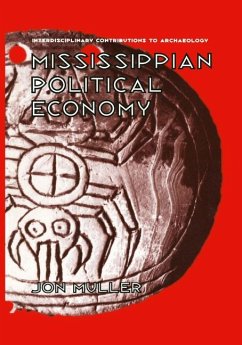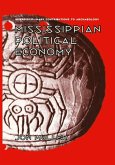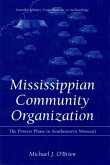Hinweis: Dieser Artikel kann nur an eine deutsche Lieferadresse ausgeliefert werden.
Choice (January 1998)
`A masterful synthesis concerning the rise of Mississippian politics in Southeastern United States.'
Society for American Archaeology
`Mississippian Political Economy is a must read if you are interested in the Mississippian societies and their historic descendants. No matter what your theoretical orientation, there is much of value in this book for you. Read it, and think about what Muller has to say. Your own work will be the better for it.'
Illinois Archaeology, 11:1-2 (1999)
`For anyone interested in Mississippian archaeology, there is a great deal of value in the data presented and analytical methods used... crucially important to archaeologists interested in the millennium before European contact.'
The Review of Archaeology, 23:2









